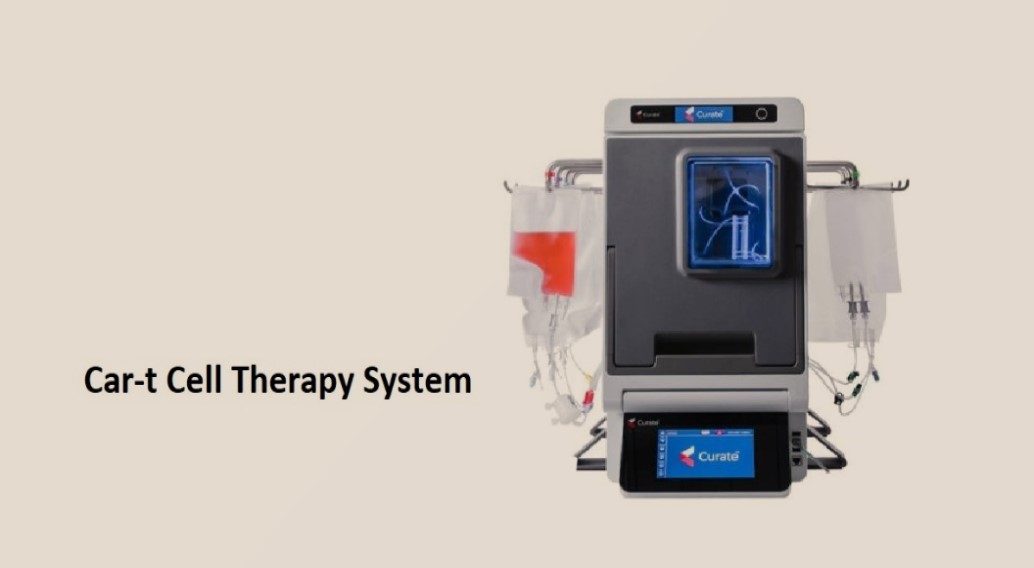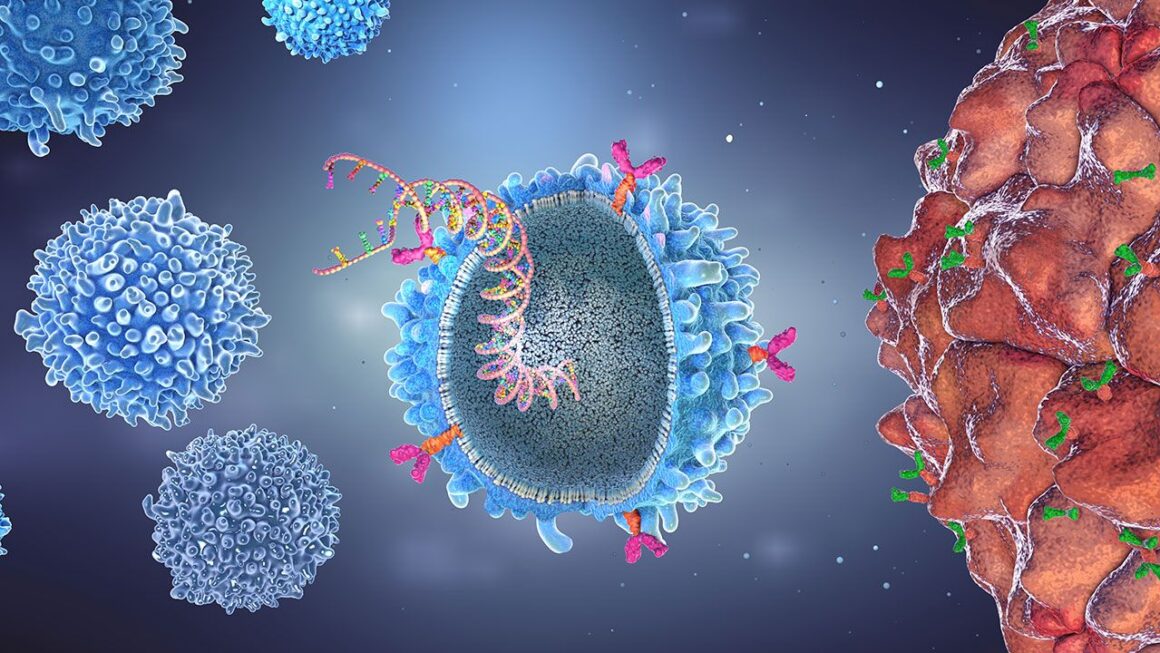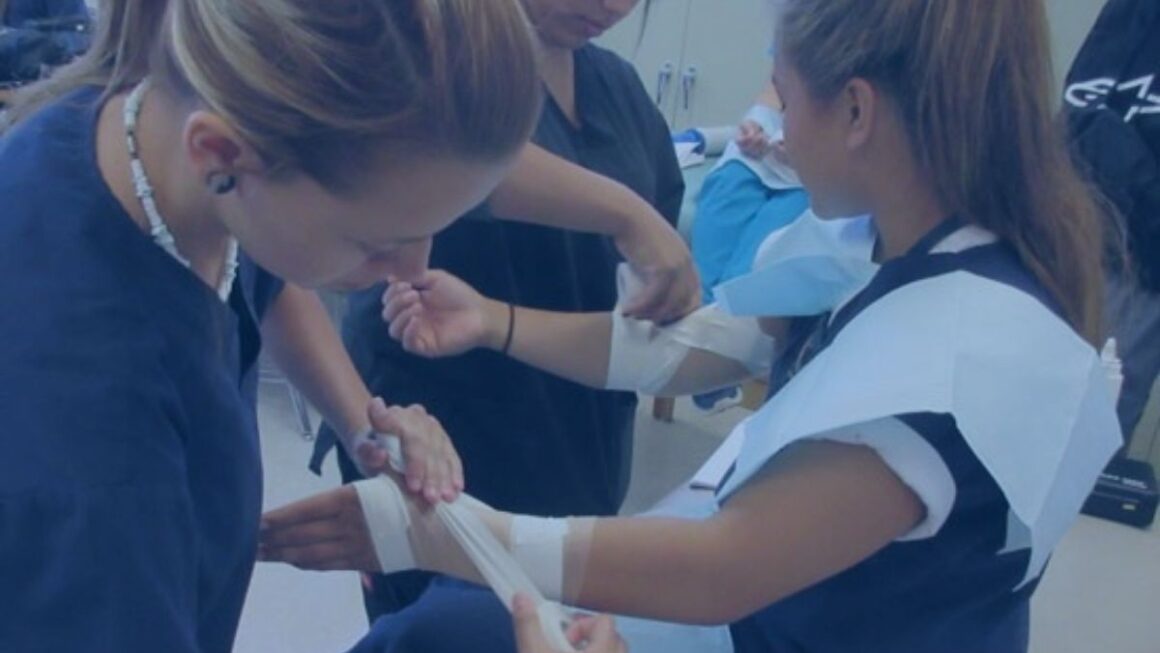In the orbit of cancer treatment, a radical technology known as CAR-T cell therapy has emerged as a promising solution. This innovative approach utilizes the body’s own immune system to fight cancer by engineering T cells to target and destroy cancer cells. The remarkable success of CAR-T cell therapy has not only revolutionized cancer treatment but has also opened doors for life science companies to pioneer advancements in this field. In this blog post, we will delve into the CAR-T cell therapy system and explore the crucial role played by life science companies in transforming cancer treatment.
CAR-T (Chimeric Antigen Receptor T-cell) therapy is a form of immunotherapy that harnesses the power of the patient’s own immune system to combat cancer. The treatment involves extracting T cells from the patient’s blood, genetically modifying them to express chimeric antigen receptors (CARs) on their surface, and then infusing these modified cells back into the patient. CARs are engineered to recognize specific antigens present on cancer cells, enabling the T cells to effectively target and destroy malignant cells throughout the body.
Life science companies are at the forefront of scientific advancements in the healthcare industry with patient centric focust hrough their research and development. Such companies invest sizable means into research and development, clinical trials, and manufacturing infrastructure to bring this revolutionary therapy to patients worldwide.
Life science companies steer unconventional means of research to enhance the ability and safety of CAR-T cell therapy. They invest in understanding the underlying biology of cancer and immune responses to identify novel targets for CARs. Through collaborations with academic institutions and independent researchers, life science companies push the boundaries of scientific knowledge and drive innovation in this field.
Life science companies undertake extensive clinical trials to justify the safety and effectiveness of CAR-T cell therapy. These trials involve testing the therapy on a diverse range of cancer patients, monitoring their responses, and refining the treatment protocol.
By conducting rigorous clinical trials, life science companies ensure that CAR-T cell therapy meets the highest standards of patient care and regulatory requirements.
Life science companies establish state-of-the-art manufacturing facilities to produce CAR-T cell therapy at scale. This involves developing robust manufacturing processes,
CAR-T cell therapy represents a remarkable advancement in cancer treatment, offering renewed hope to patients facing otherwise dire prognoses. The tireless efforts of life science companies have paved the way for the development and commercialization of this transformative therapy.
Top of Form
Pharmaceutical companies within the life science sector are primarily engaged in the discovery and development of new drugs. They conduct preclinical and clinical trials to evaluate the safety and efficacy of potential drug candidates. These companies also work closely with regulatory authorities to obtain approvals for their drugs and bring them to market.
Life science companies also specialize in the development of medical devices and diagnostic tools. These companies create instruments, equipment, and technologies that aid in patient diagnosis, monitoring, and treatment. They also frequently collaborate with academic institutions, research organizations, and other industry players to leverage expertise and resources. Partnerships enable companies to access cutting-edge research, expand their product pipelines, and combine their strengths to tackle complex medical challenges.
Such companies pilot complex controlling processes to ensure their products meet safety and efficacy standards. They work closely with regulatory authorities such as the FDA (Food and Drug Administration) to acquire necessary approvals for clinical trials and product commercialization. They also develop marketing strategies, establish distribution networks, and engage with healthcare providers to make their products accessible to patients.




